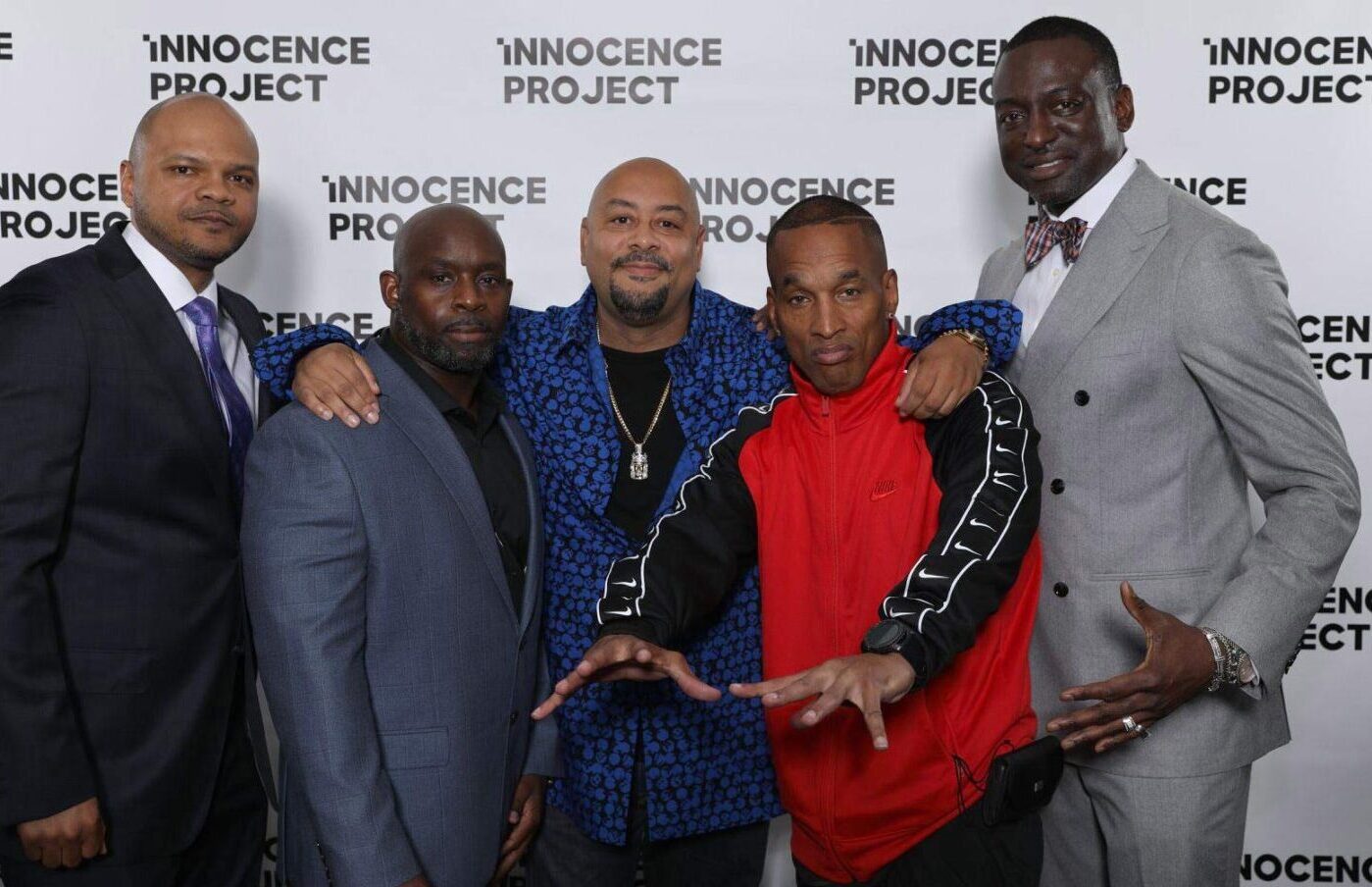Help Protect Youth in Utah from Deceptive Interrogation Tactics

The Exonerated Five – Kevin Richardson, Antron McCray, Raymond Santana, Korey Wise and Yusef Salaam – at the Innocence Project gala in May 2019. Photo by Matthew Adam Photography.
In the unjust case of the Exonerated Five in New York City, innocent children broke down and confessed to attacking a jogger in Central Park, after the police lied and said their friends not only confessed but also implicated them in the crime. Like many exonerees, they were subjected to police deception – a tactic that allows law enforcement to lie about the existence of incriminating evidence and/or leniency they could provide in order to coerce confessions, even if law enforcement doesn’t have any proof of their guilt.
The use of deception can lead to false confessions, which played a part in one-third of the nation’s 375 DNA exonerations. Experts have spoken out against the use of deception in interrogations because it is dangerous, unnecessary, and increases the chances of wrongful conviction. Youth are particularly vulnerable to falsely confessing, and even more so when they are lied to by police during an interrogation. However, the tactic remains legal in most of the country.
This year, Utah lawmakers are considering legislation that would ban police from lying to children in order to coerce confessions. Add your name to support passing HB 171 to ban juvenile deception in Utah.
This campaign is in partnership with the Rocky Mountain Innocence Center.